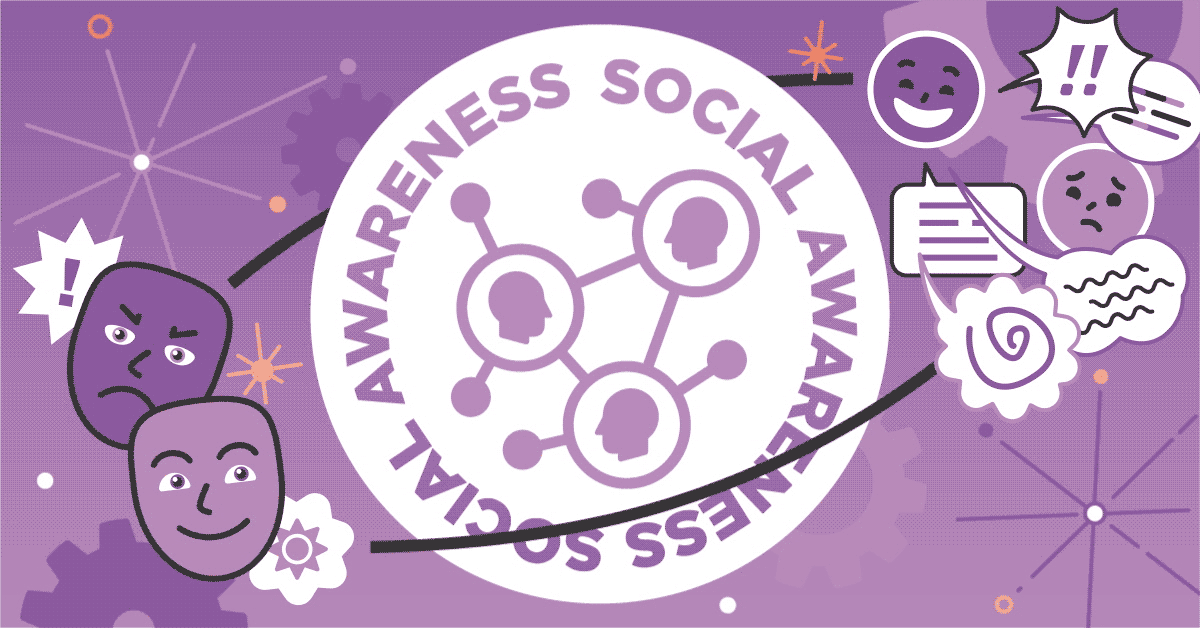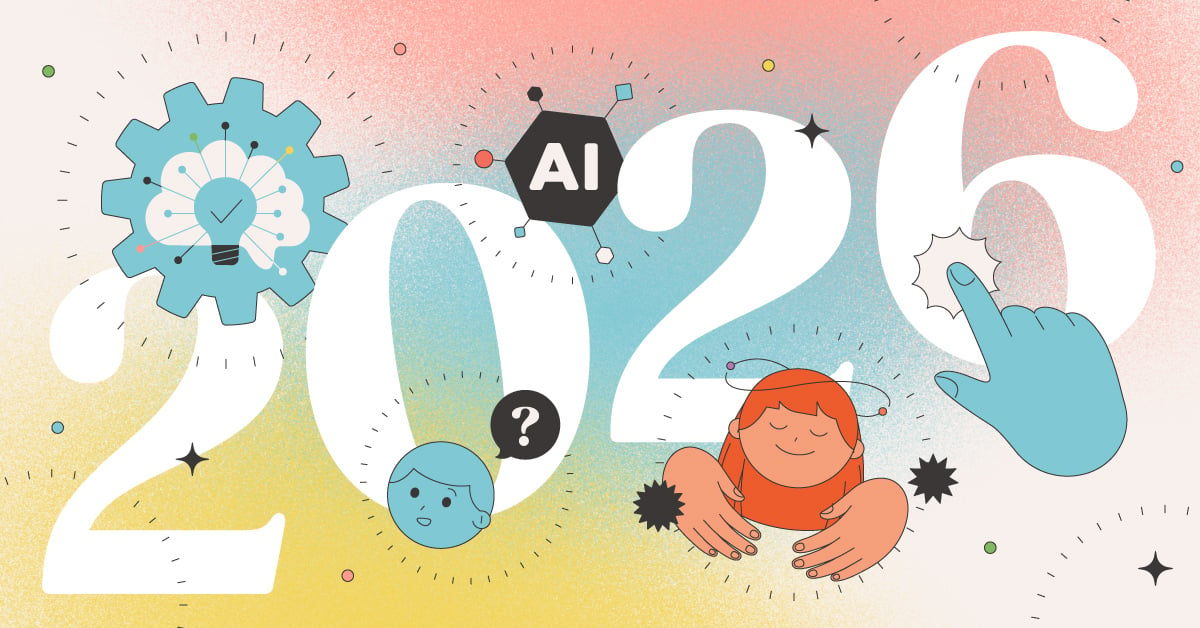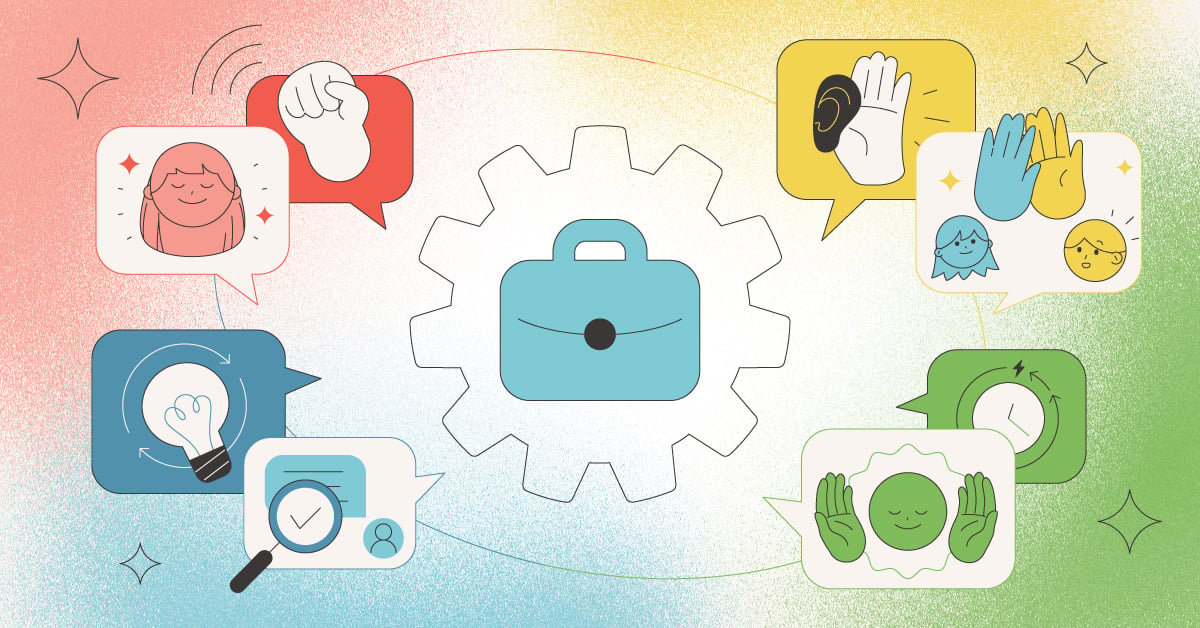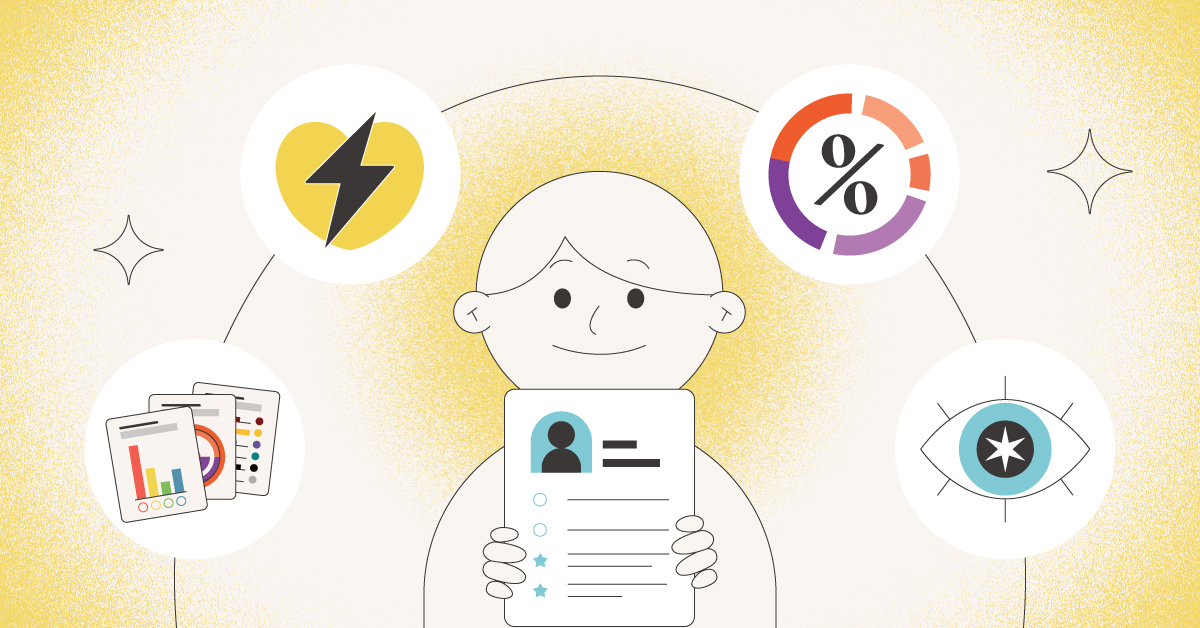
Emotional intelligence is a complex subject that takes time to fully understand. TTI SI’s EQ assessment breaks down EQ into 5 factors. Let’s explore the third dimension in depth!
What is EQ?
Emotional intelligence is the ability to sense, understand and effectively apply the power of acumen of emotions to facilitate higher levels of collaboration and productivity.
What Are the 5 Dimensions of EQ?
The 5 dimensions of EQ are self-awareness, self-regulation, social awareness, social regulation, and motivation. Every one of these factors is crucial for overall understanding.
We’ve covered both aspects of the self— let’s look at social awareness.
What is Social Awareness?

Social awareness is the ability to understand the emotional makeup of other people and how your words and actions affect others.
Think of your last negative interaction at work— how differently might it have turned out if the other person involved had worked to understand your perspective?
That’s what social awareness is all about— it’s about picking up cues from the people around you to ‘read the room’. Is there tension in the air? What is the body language of those around you communicating? Who is being ignored in your conversation?
Why Is Social Awareness Important in the Workplace?
Social awareness is a huge part of success in the workplace. The ability to read people is invaluable in every aspect of life— if you can do this well enough to help conflicts conclude reasonably, you will be well-positioned to succeed in all encounters.
People want to be understood and social awareness is key to doing that.
What Does Low Social Awareness Look Like?
Low social awareness shows up in different ways. Here’s what it can look like in the workplace.
More Frequent Misunderstandings
Low social awareness means less accurate perceptions of people and the situations you find yourself in together. Not being able to ‘read the room’ will result in more frequent and distracting conflicts.
People will low social awareness are more likely to make the wrong move at the wrong time. If your coworkers are already in the red, that’s not the right time to push for contradictory ideas, but if you have low social awareness reveals that you aren’t fully considering others; you’re just considering yourself and your needs. That won’t serve you in the long run.
Reduced Trust and Collaboration
Being at the center of conflict is going to reflect poorly in on you the long run; that’s going to result in less opportunity and trust in people with low social awareness. Why should a key stakeholder invest their trust in you if you are frequently entangled in misunderstandings?
This has a domino effect for the rest of your career— if you’re not trusted to execute, you’re going to get passed up for opportunities time and time again.
Less Meaningful Connections

This might not seem as immediately detrimental in the workplace as the other negative parts of poor social awareness but it ultimately affects everything about a working relationship. If you’re not investing in understanding the people around you, you miss opportunities to bond, to listen, and to learn.
This contributes to the other negative factors discussed above. It also ultimately makes your workplace experience less valuable and less productive. Unless your role requires total isolation, you need to be able to lean on the people around you to succeed. Genuine, collaborative connections are difficult if you’re not working to be aware of other people’s needs.
What’s Your Next Step with EQ?
Understanding and implementing EQ can get confusing. Social awareness is something you can improve and adapt but you need the right tools to do that. If you want to level up your understanding of EQ, TTI SI can help!
If you want to take an EQ assessment, contact us here.
If you want to join the TTI SI network and become a reseller, learn more here.




